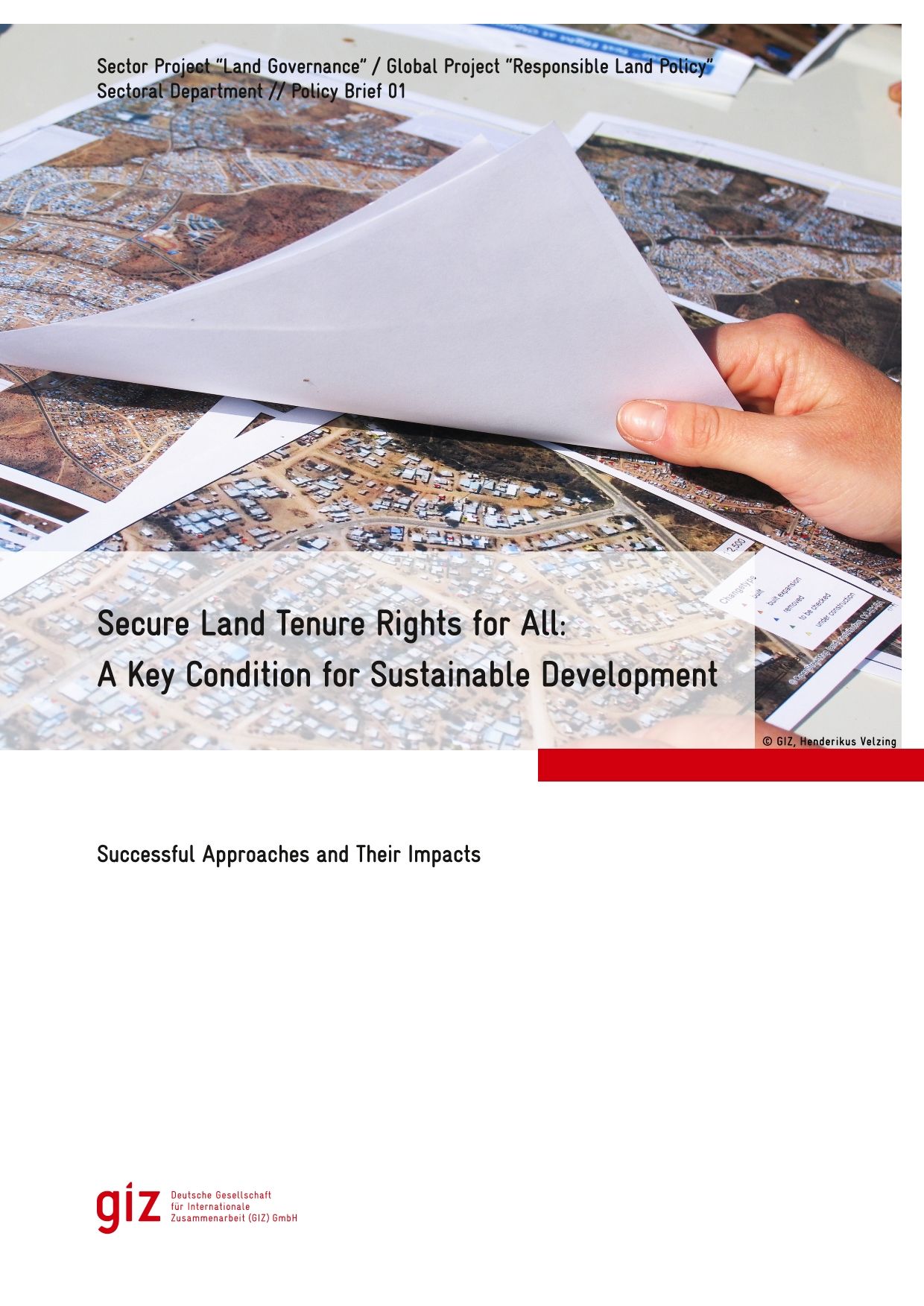Location
As a service provider in the field of international cooperation for sustainable development and international education work, we are dedicated to shaping a future worth living around the world. We have over 50 years of experience in a wide variety of areas, including economic development and employment promotion, energy and the environment, and peace and security. The diverse expertise of our federal enterprise is in demand around the globe – from the German Government, European Union institutions, the United Nations, the private sector, and governments of other countries. We work with businesses, civil society actors and research institutions, fostering successful interaction between development policy and other policy fields and areas of activity. Our main commissioning party is the German Federal Ministry for Economic Cooperation and Development (BMZ). The commissioning parties and cooperation partners all place their trust in GIZ, and we work with them to generate ideas for political, social and economic change, to develop these into concrete plans and to implement them. Since we are a public-benefit federal enterprise, German and European values are central to our work. Together with our partners in national governments worldwide and cooperation partners from the worlds of business, research and civil society, we work flexibly to deliver effective solutions that offer people better prospects and sustainably improve their living conditions.
Members:
Resources
Displaying 121 - 125 of 340Secure Land Tenure Rights for All: Key Condition for Sustainable Development
The aim of this policy paper is to present successful approaches to secure land tenure rights in rural and urban areas. To support future programmatic decisions by the Federal Ministry for Economic Cooperation and Development (BMZ), this paper focusses especially on impacts and good practices. It discusses examples from the German technical cooperation but also includes good practices and impacts achieved by other development partners.
Environmental Monitoring System - Training Manual
This training manual is designed to give those responsible for undertaking environmental impact assessments the skills and knowledge to conduct environmental monitoring for large-scale commercial farming. It proposes a variety of tools such as exercises and proactive learning, as well as presents key elements of Environmental Monitoring.
Guidelines for the Procedure of Land Identification and Verification for Commercial Agricultural Investment
The promotion of commercialized and mechanized agriculture is considered as one possible contribution to the further economic development efforts in Ethiopia. In addition to the traditional farming sector, which is predominantly characterized by smallholders and subsistence farming, large-scale agricultural investments are expected to provide input for the processing industry, bring foreign currency as well as technology transfer to the country.
Initial Valuation Concept for Compensation Purpose
Due to the rapidly growing population in Ethiopia, land is becoming scarce resource. This often results in an increased land use conflicts. Rapid urban expansion, large infrastructure projects in urban as well as in rural areas and an increasing demand for farmland often leads to displacement of the local population. Small holders are expropriated, forced to leave their farms and lose their livelihoods.
Procedures, Practices and Issues Related to Leasing of Land for Large Scale Agricultural Investments
Large-scale agricultural investments (LSAI) in Ethiopia are expected to provide input for the processing industry and to bring foreign currency as well as technology transfer to the country, while the local communities will benefit from employment and infrastructure improvements related to these investments. But the results of investment projects have been rather limited so far. In the past, the land identification (and verification) process for LSAI, due to various reasons, was not implemented with the required accuracy, which often resulted in environmental and social problems.


